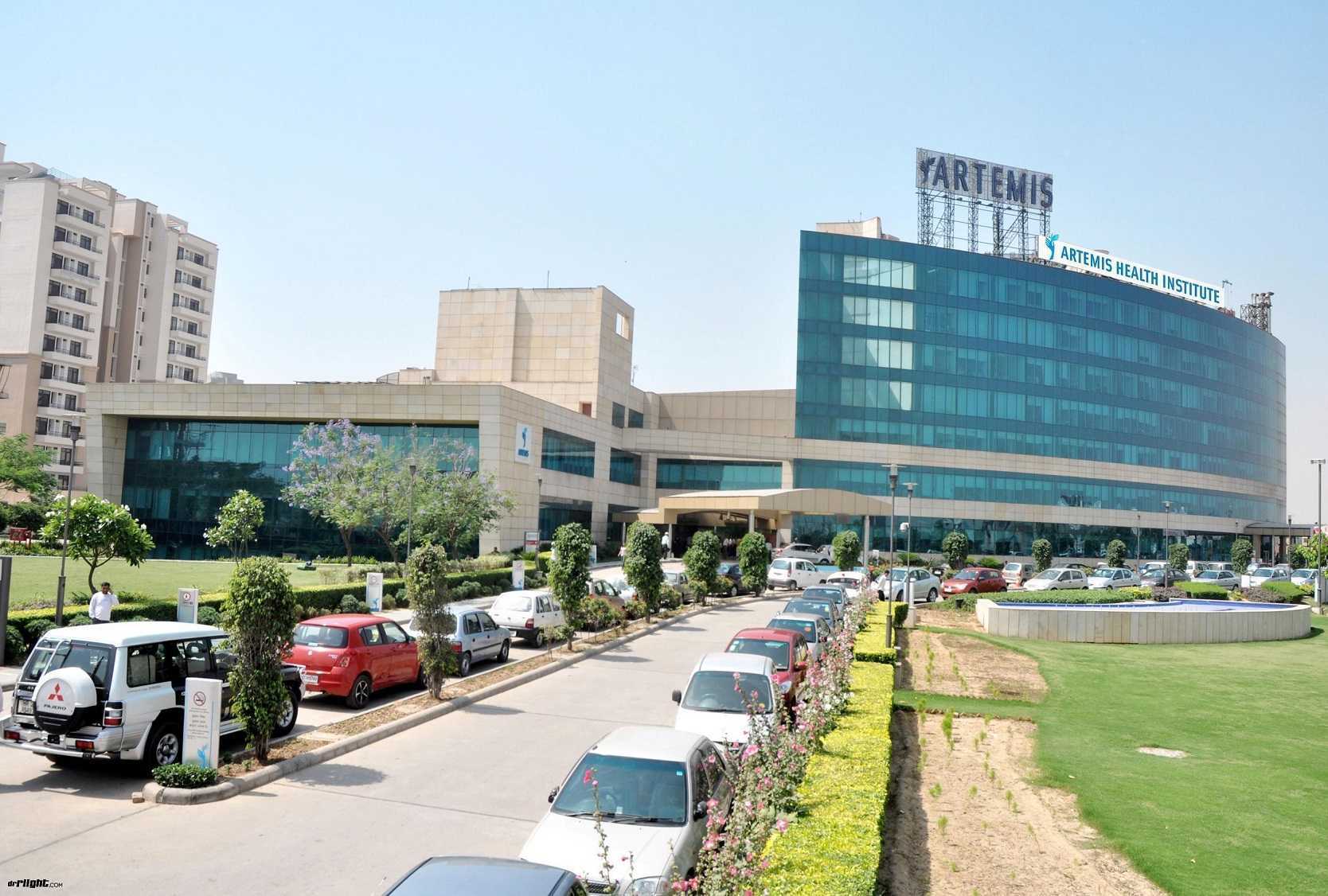Obesity Causes. How to Treat and Prevent the Problem
Obesity – condition resulting from fat cells excess in the organism. Many believe that this problem concerns only the appearance of a person, which is fundamentally wrong. The main sign of obesity is a high BFI, it provokes the development of serious pathologies, particularly, problems with the cardiovascular system, and cancerous tumors.
Another common misconception is that obesity is caused by people consuming too many calories and leading a sedentary lifestyle. But, this condition is provoked by hereditary factors, hormonal disruptions, and many others.
Conventionally, obesity is divided into several types, based on what causes it:
- hormonal background disruptions, provoked by the therapy of other pathologies;
- hereditary factor – genetic predisposition to rapid weight gain;
- injury – with a serious injury causing complete patient immobilization for a long time;
- incorrect diet and the complete physical activity absence – personal factor.
Obesity – disease that doesn’t depend on race in its severity and development speed. Nevertheless, anthropologists note Mongoloid race representatives are less prone to obesity.
Obesity in children
It’s possible to diagnose obesity in children from 2 years – until this age, the child’s body goes through constant changes, forming and strengthening all systems, therefore, weight gain during this period is normal. If by 2 years the child’s weight is 17+ kg for boys and 15+ for girls, doctors make an accurate diagnosis – obesity.
Obesity morbidity in children caused by an improper diet, including mainly fats and carbohydrates. Simultaneously, meal quality and their preparation methods have great importance – products with a chemical composition, particularly, non-natural sauces, semi-finished products, etc., are categorically contraindicated for a child. Additionally to being overweight, mistakes made by parents compiling a child’s diet contribute to development of digestive system pathologies in children.
What can cause obesity?
Behavioral, metabolic and genetic modifications, hormonal effects, etc. can lead to modifications in body weight. Calories a person consumes in excess and doesn’t lose during physical activity, the organism stores as fat accumulation. Risk factors include the following.
- Hereditary factor. Genes inherited from parents affect where fat is distributed, how much it’s stored, and how effectively a person is able to fight obesity.
- Lifestyle and eating habits. A high-calorie and unbalanced diet, in which there is not enough fiber, and on the contrary, fats and unhealthy foods prevail, catalyzes the accumulation of fats in the body. In addition, drinks also contribute to weight gain, especially sugary sodas, alcohol, etc.
- Sedentary lifestyle and lack of physical activity contribute to weight gain. Especially if people sleep a lot and don’t adhere to a rational diet.
- Medicinal therapy for other pathologies treatment. Some meds, particularly, the hormonal group, provoke uncontrolled weight gain.
- Social factor. If a person is predominantly surrounded by overweight people, obesity becomes a problem. Same is true for the environment where a person was brought up in childhood – if meals in the family were always cooked incorrectly, then in adulthood you won’t know another cooking way.
There are several additional factors provoking obesity:
- weight gain during pregnancy;
- person strives to quit smoking – it’s quite difficult to quit smoking, and organism begins replenishing the incoming nicotine with food calories;
- lack of sleep – it causes hormonal disruptions, particularly, increase appetite;
- stressful situations – getting into certain situations, people can survive them by replenishing the balance with calories;
- harmful intestinal bacteria contributing to weight gain.
Obesity diagnosis
It’s necessary to calculate BMI – the ratio of a person’s height and weight. If the obtained indicator is outside normal range, it indicates anorexia or morbidity obesity. Doctors may prescribe the following:
- measuring the skin folds thickness;
- comparison of hips and waist size;
- ultrasound, MRI and CT – internal organs visualization and fat layer covering them;
- blood test to assess glucose and cholesterol levels;
- liver and thyroid samples;
- ECG – determination of the heart state.
Obesity complications
Against the morbid obesity background, following pathologies may develop:
- illness affecting the heart and blood vessels – it becomes difficult for the heart muscle to pump blood, leading to thrombosis;
- diabetes;
- cancerous tumors;
- digestive system problems;
- stopping and restoring breathing during sleep – serious pathology; possible outcome is fatal;
- joints problems, because they are subjected to excessively high pressure;
- mechanical difficulty in breathing.
Obesity treatment
If people can’t lose weight on their own, it becomes necessary to resort to specialists. Firstly, drastic lifestyle changes help you lose weight:
- Increasing daily activity – start with leisurely walks, later you can add morning jogs.
- Drawing up an individual training program taking into account physical condition.
- Rationalization of nutrition – a balanced diet, quality products and proper cooking; fried foods with unhealthy fats, pastries and sweets should be excluded. The nutrition plan should be made individually.
Additionally, doctors prescribe meds promoting weight loss. Most often, such drugs are prescribed for overweight patients, when other indicated methods are ineffective.
Obesity surgery
Certain surgical techniques have been developed to combat morbidity of obesity. Doctors try resorting to such methods extremely rarely, since they hold great risks to patient’s health.
- Gastric bypass. Small pouch is created at the stomach top, and the surgeon attaches it to the small intestine. Thus, food bypasses the main stomach part, preventing the excess fat absorption and helps to reduce the amount eaten.
- Laparoscopic gastric banding – stomach is divided into 2 pockets with a special tape, reducing its volume.
- Removal of the stomach part to reduce it.
- Biliopancreatic diversion – only a small stomach part remains.
How to prevent obesity?
Obesity disease is prevented in the following ways:
- moderate physical activity and increased lifestyle activity: daily walking, swimming, cycling, etc.;
- it’s recommended to choose healthy and nutritious food: fruits, vegetables, protein, whole grains, etc.;
- moderate consumption of high-calorie foods;
- minimizing bad fats.










